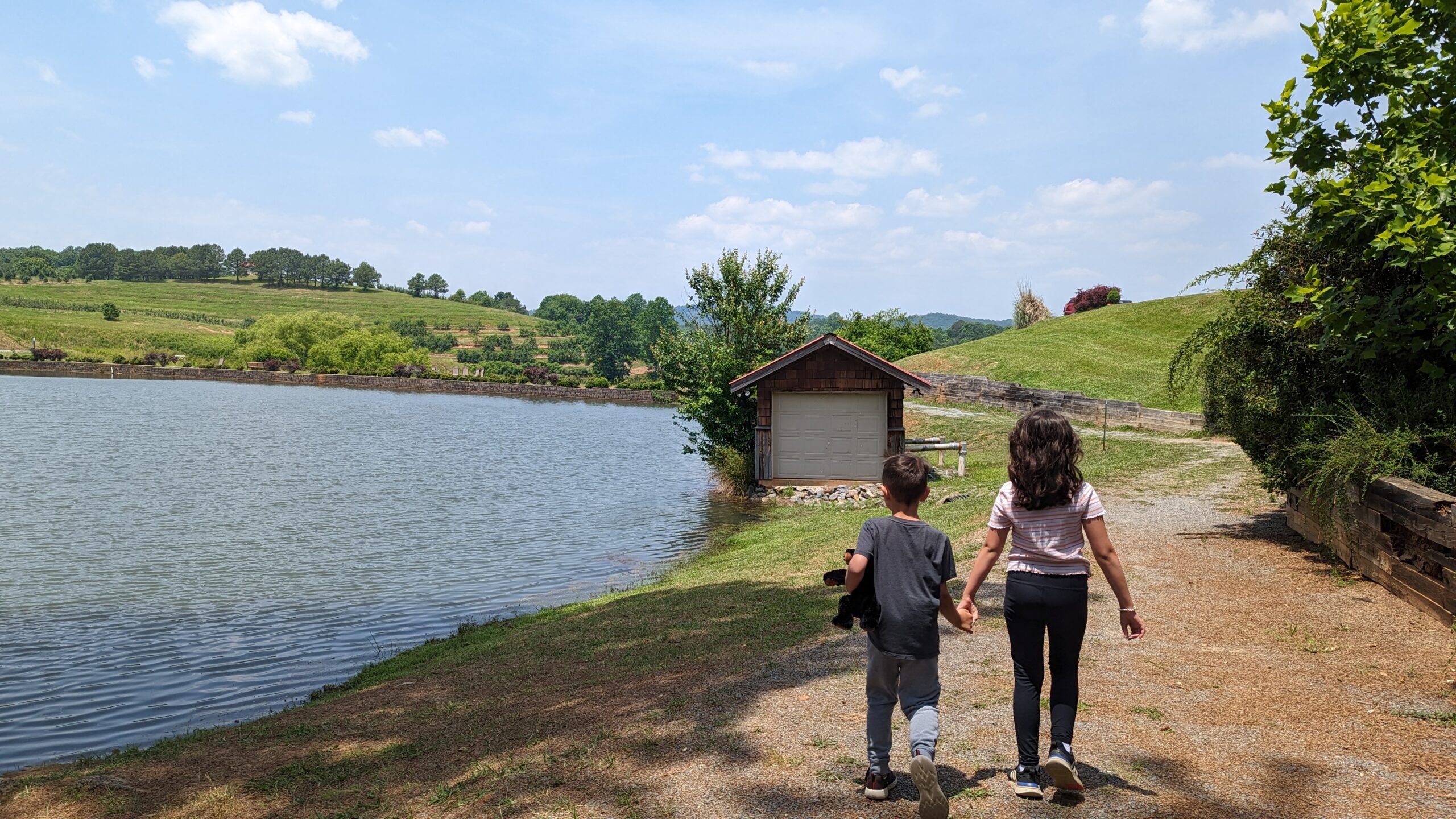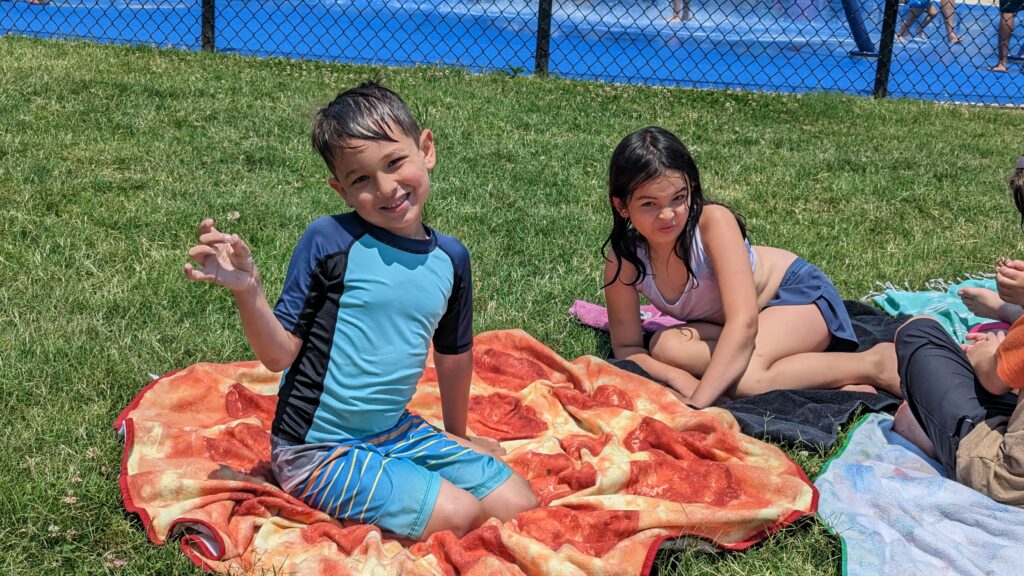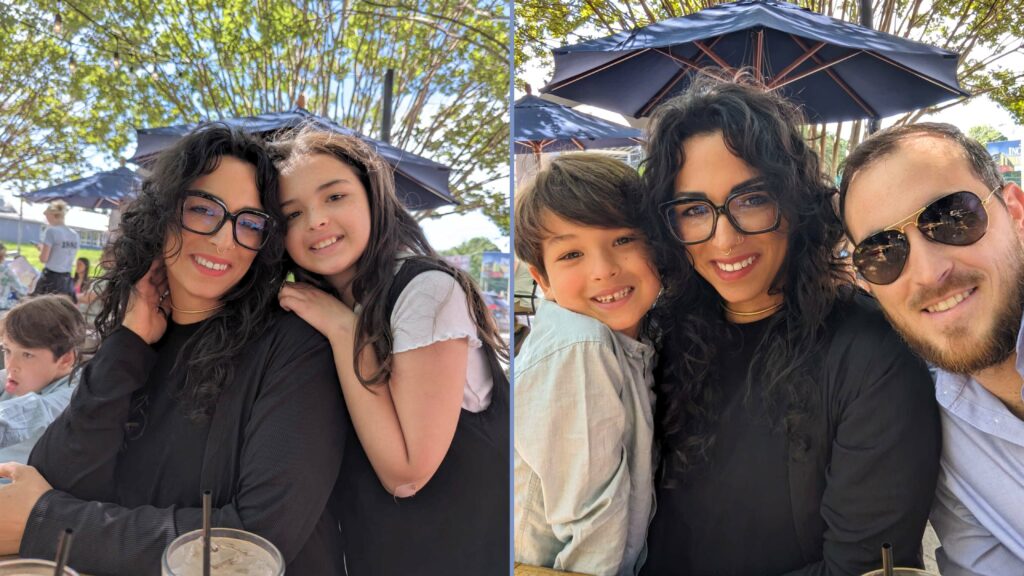 The first blog I wrote about teaching my kids body autonomy created a little bit of a stir among the family, and I’ve spent the last few years with a much smaller family. While that’s never the intention when writing things like this, it is sometimes a side effect. I’m sure this post won’t be any different, but a saying I’ll stick by till the end is, “…Stand before the people you fear and speak your mind – even if your voice shakes. When you least expect it, someone may actually listen to what you have to say…”. – Maggie Kuhn.
The first blog I wrote about teaching my kids body autonomy created a little bit of a stir among the family, and I’ve spent the last few years with a much smaller family. While that’s never the intention when writing things like this, it is sometimes a side effect. I’m sure this post won’t be any different, but a saying I’ll stick by till the end is, “…Stand before the people you fear and speak your mind – even if your voice shakes. When you least expect it, someone may actually listen to what you have to say…”. – Maggie Kuhn.
Trigger warning: I was assaulted by a blood related family member as a young teenager. I stood up to him, shouted it from the rooftops, and he never tried again. But, I’m not the norm. Children who are conditioned to have poor boundaries, blindly follow directions from adults, not create conflict, keep secrets, always be nice, and desperately want to impress others, are the ones that the predators are looking for.
Don’t believe me? Google literally anything that has to do with grooming and people-pleasing, or the interviews of actual predators in prison.
So in my house, the rules will remain the same. The kids still don’t have to kiss Grandma, Grandpa, Uncle Jerry, Dad or even (shockingly) me. Mom if they don’t want to.
Call me a bad parent again, call me an ill-mannered Yankee, call me whatever you want, but my kids have learned to step in and call out bad behavior, so be prepared for that too.

Now, if you’re still here with me, below are a few more things my kids are allowed to say no to:
1. Sharing personal belongings
While sharing is often encouraged, we also want to teach our kids how to set appropriate boundaries regarding their personal belongings. This teaches not only them respect for personal space and property, but their peers as well. For example, I can’t just walk into my friend’s house and demand she share the DIOR tote she has stashed in the closet. She doesn’t have to do that. Why do we teach our kids to do that?
2. Peer pressure
Our kids can say no to activities they’re uncomfortable with. We also stress that as they get older, it may be more “sticky” to say no to a group of friends and they can fully blame us if the pressure becomes too much. We encourage them to say no with no explanation, but we are always happy to be the scapegoat if needed.
3. Asserting boundaries in conversations
Sometimes, conversations or questions can become intrusive or uncomfortable. The kids can 100% postpone or decline conversations that make them feel “icky” with others. Again, it doesn’t matter who it is. If they feel like Aunt B. is asking questions only to gossip later, they don’t have to engage. Another example is when grown men ask young girls if they have a boyfriend. It’s weird and a lot of the time, the kids sense that it’s inappropriate, but feel they need to be polite and engage in the conversation to not be rude.
4. Physical contact from peers
Just as with the adults, the kids can refuse physical contact from their peers and we expect them to extend the same courtesy to others. This reinforces consent and their right to personal space and bodily autonomy. Asking to hug someone may seem odd at first, but believe me, it is a strong stepping stone in teaching consent, especially for boys who will become men someday.
5. Foods they dislike
While we do encourage trying new things and will ask our kids to take one bite of something new, we allow them to decline foods they genuinely dislike. I know my son HATES broccoli, so we let him skip it, but he has to be willing to eat another vegetable to take its place.
6. Engaging in gossip
Teaching kids the importance of respecting others’ privacy and maintaining integrity is very important to us. This kind of connects to those icky conversations. If someone is fishing for information about someone else, or trying to collude with them in toxic gossip, we encourage our kids to stand up for the underdog and set a boundary.
7. Unwanted criticism or negative feedback
The saying, “Unsolicited advice is always criticism” is such a powerful statement. Kids, like adults, are able to reject criticism that affects their self-esteem or brings zero value to the relationship. We focus instead on learning how to accept and give constructive feedback when asked for.

I truly believe that the importance of body autonomy and the right to say ‘NO’ in various aspects of life is crucial for raising confident and self-assured individuals. These skills will help my kids maintain healthy boundaries, not result in people-pleasing behaviors, learn the importance of consent, and hopefully deter child predators. In the South especially, these behaviors are going to come across rude and ill-mannered, but I’m ok with that.

















